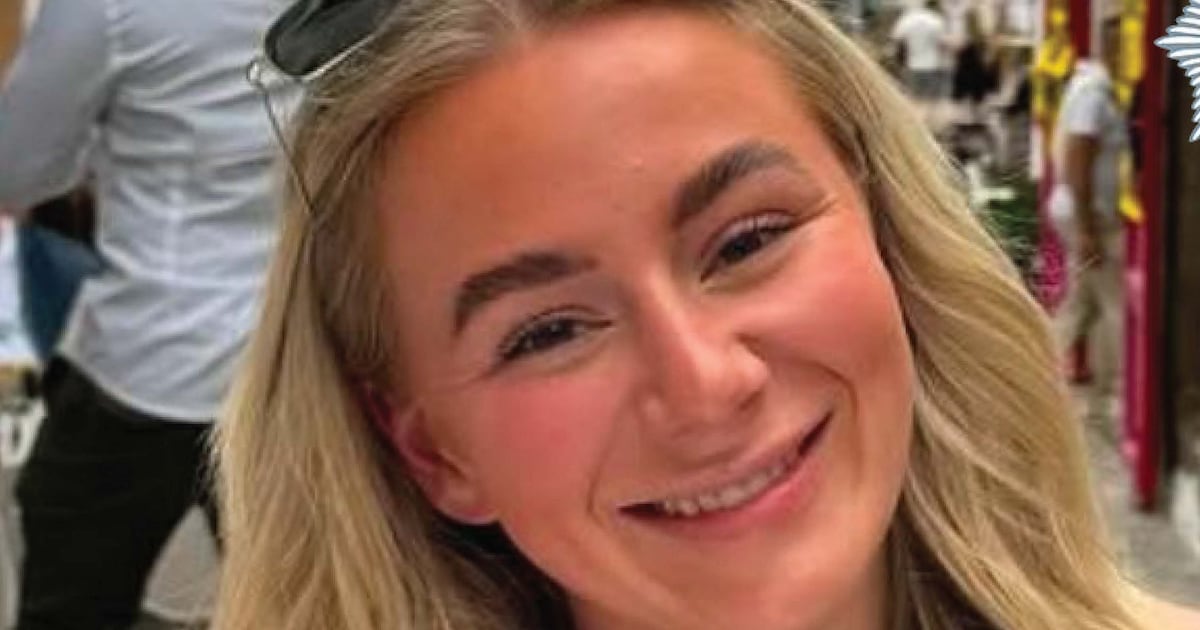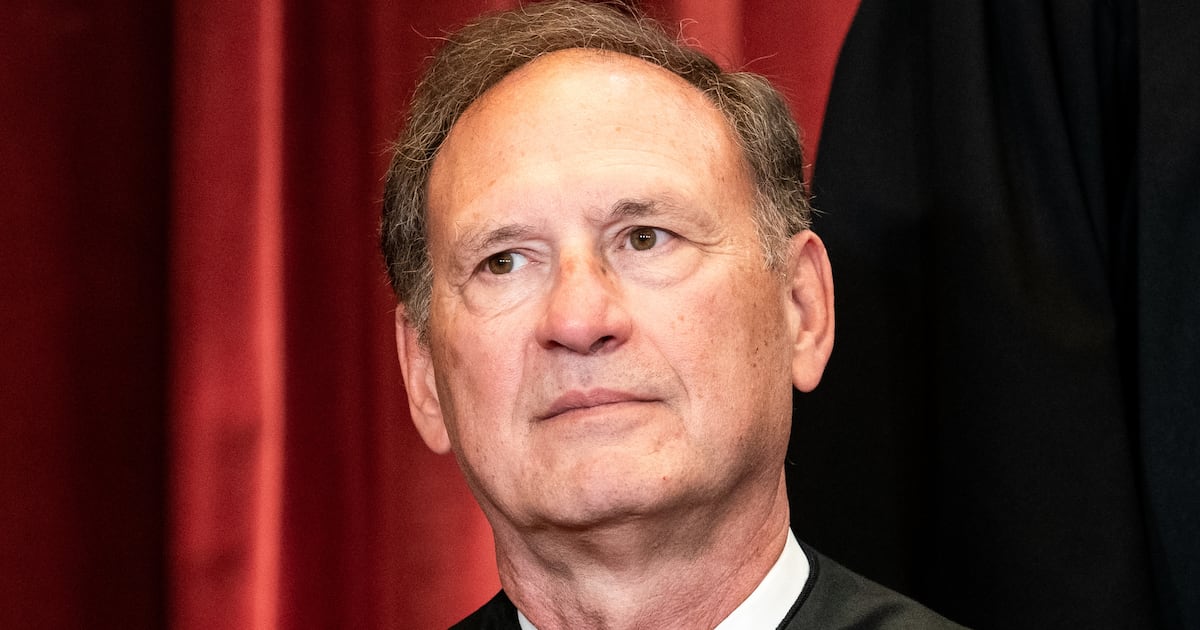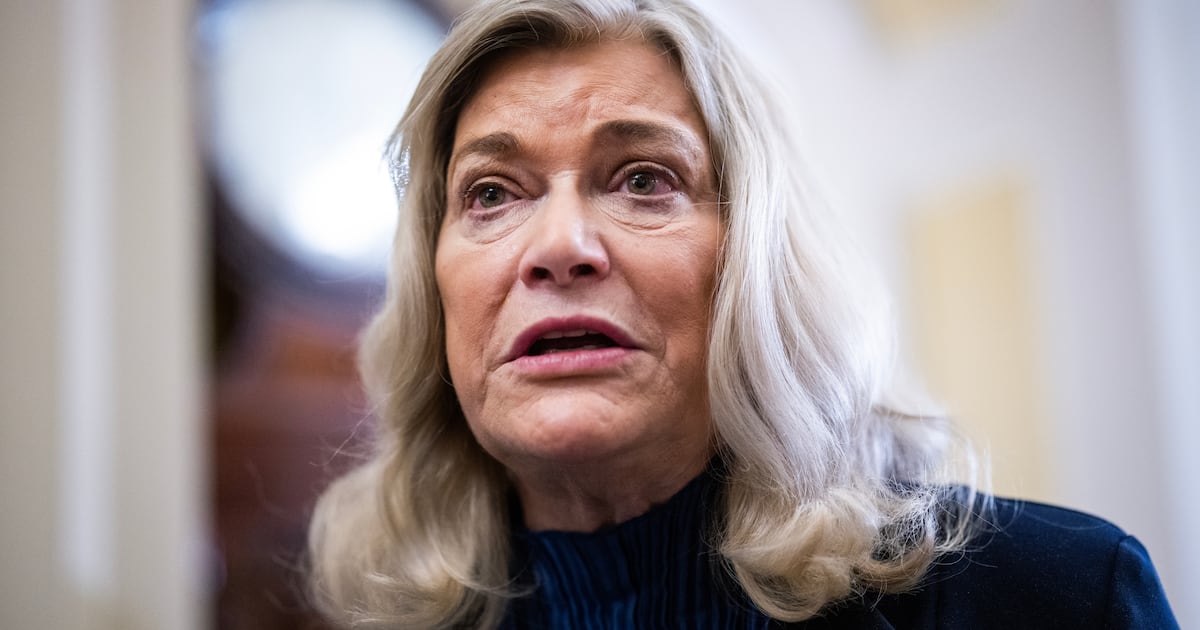Of all the moments in a person’s life, none are more intimate than the one in which it ends. The profundity and finality of death set it apart from all other events in a lifetime, save for birth, its counterpart. The ramifications of any given death, whether grievous and unexpected or peaceful and long-awaited, can be complicated and challenging for all those who confront it. Even medical professionals who deal with it regularly may still fail to handle it well.
What death ought never be is something served up for the casual entertainment of viewers at home. Yet sadly, it appears that is precisely what the producers of “NY Med” have done. In a lengthy article for ProPublica (also published by The New York Times and Salon), Charles Ornstein tells the story of the Chanko family, and their reaction to seeing the death of patriarch Mark on the program without their permission.
Ornstein details how Anita, Mark’s wife and a fan of the show, sat down to watch an episode, only to realize that the pixel-obscured patient being treated in the emergency department at New York-Presbyterian Hospital was her husband. As the program went on to show, she and her family were given the news of his death in a closed-door conversation with his doctor, which they were unaware was being recorded. None of this was broadcast with their permission.
This is, of course, disgraceful. As Ornstein notes, both the hospital and ABC (the network that airs the show) freely admit that permission was not sought to include these events in the episode. However, because the patient was not identifiable to the general public, it appears at this point that both entities will escape legal penalty for violating his privacy. Which says nothing about the moral failure that informs their decision to record and air without consent the events surrounding Chanko’s dying.
Several months ago, I wrote approvingly of “NY Med” as a well-made antidote to the scripted, unrealistic medical dramas that had littered prime time. I lauded its balance between drama and emotional connection, and its ability to capture the humanity of both patients and medical providers alike.
However, my opinion of the show began to dim the more episodes I watched. A formulaic approach to dramatizing the various medical crises became more apparent. We’d be introduced to a patient with some kind of dire medical condition, get to meet concerned loved ones, and then see the tense minutes when the doctors took over to perform some kind of high-risk procedure. Before the invariable cut to commercial, the question of whether or not the patient survived would hang in the air.
At least in all the episodes I saw, the show concluded with a beaming doctor greeting the happy patients and relieved, elated families after successful procedures. While it is much more pleasant and gratifying to see joy and release from anxiety than grief, the more I watched the more I grew concerned that the show presented a skewed perspective of medical reality. Sometimes patients don’t pull through and interventions don’t succeed. It may make for harder watching, but it’s a truer picture.
The bleak irony of showing Chanko’s death is that, had permission been appropriately obtained, including it is a corrective to this anodyne take on medical care would have been an estimable choice. Showing the painful reality of death and sorrow in hospitals serves to balance the more reliably upbeat endings of the episodes I saw before giving up on the series. All else being equal, I’d have been glad it was there.
Adding to the irony is that one of the episodes that opened “NY Med’s” second season showed a respected nurse getting canned because she’d disseminated a picture of a bloody trauma bay on social media after caring for a patient there. Medical centers take the laws surrounding patient privacy very seriously, and will rain down brimstone on those who violate it, celebrity or non-celebrity alike.
By clinging to the thin legalistic reed that Chanko is not identifiable (at least to strangers) in the episode, and thus his privacy is not being violated, ABC and New York Presbyterian hopscotch over the true violation done to the patient and his family. While we are often deeply involved in the moments of a person’s demise, death isn’t about medical providers. It belongs to the person whose life is drawing to a close, and to the people who loved him or her. We play our parts, hopefully well, but it’s not about us. And it sure as hell isn’t about trying to promote a hospital, a network, or entertaining viewers.
Whether or not the depiction of patients receiving care counts as news or serves some purportedly good purpose, it remains the highest obligation of medical providers and facilities to protect their dignity as they face situations of extreme vulnerability and stress. If that dignity is safeguarded and those situations are only broadcast with the explicit permission of those involved, then good may well come of it. But if the moments of extremis that happen all too often in a hospital are recorded and treated like they are not real moments of genuine human pain, if their gravity is not respected but exploited instead, then the cameras have no business being there at all.





